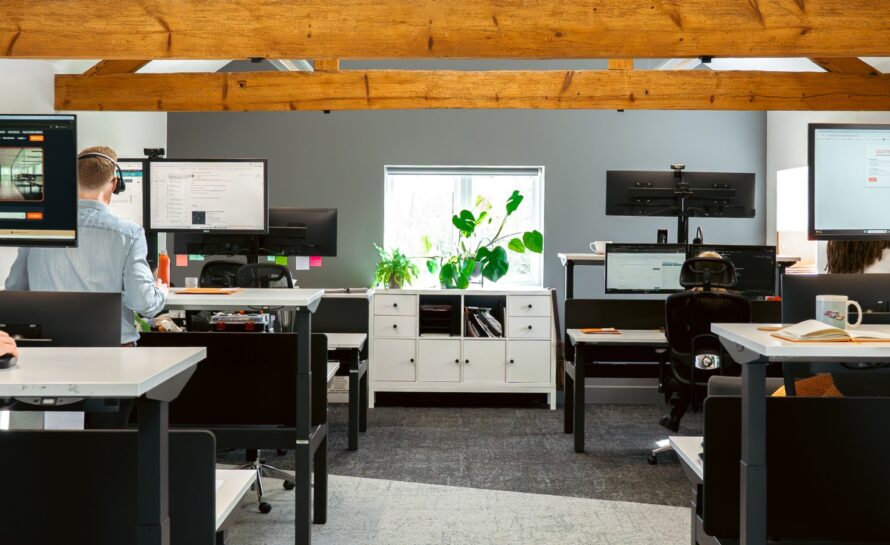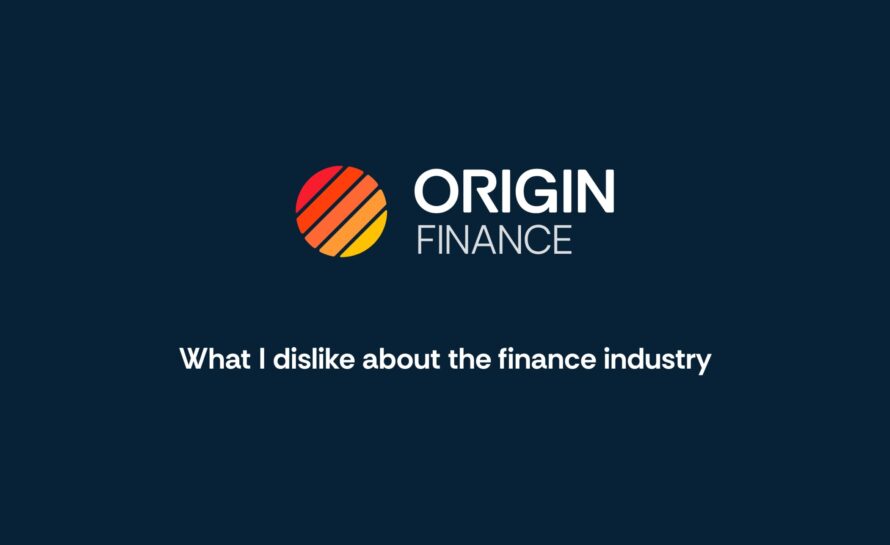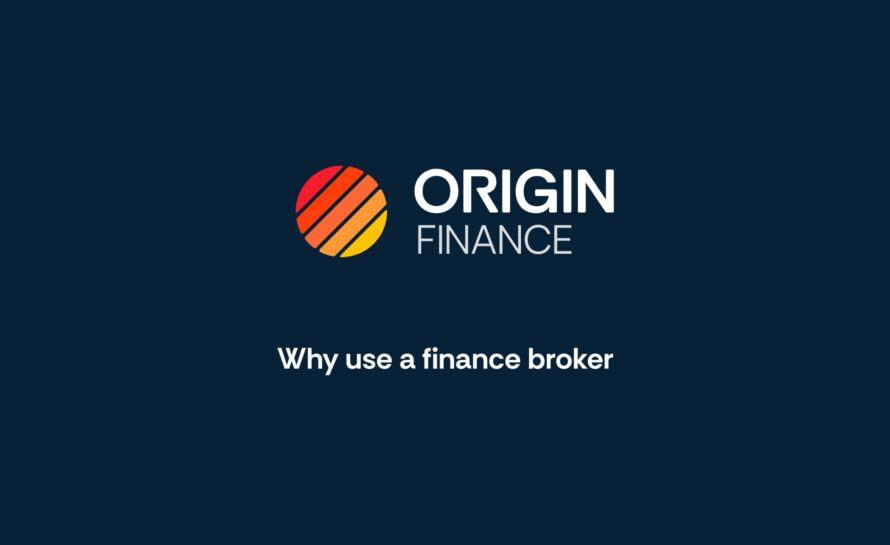
Contents
- 1 How to get a loan for your building and construction business
- 1.1 Finance Options for a Construction Business Loan
- 1.1.1 What is a commercial building and construction loan?
- 1.1.2 Invoice finance for building and construction
- 1.1.3 Construction asset finance
- 1.1.4 Equipment and machinery finance for building and construction
- 1.1.5 Refinance for building and construction
- 1.1.6 Commercial vehicle finance for building and construction
- 1.1.7 Is it hard to get a loan for building and construction?
- 1.1.8 What do I need to apply for a loan for building and construction?
- 1.1.9 How Origin Finance can help
- 1.1 Finance Options for a Construction Business Loan
How to get a loan for your building and construction business
Securing funding for your building and construction business in the UK can be a crucial step towards growth and success. Construction loans and asset finance options are available to help you manage cash flow, purchase equipment, or fund large-scale projects.
Building and construction works are essential for developing the UK’s infrastructure, from schools to houses and skyscraper offices to major road schemes. The industry is also a huge driver of the economy, with construction contractors expected to drive over £158 billion of revenue in the UK in 2024. How to get a loan for your building and construction business from Origin Finance specialist construction business financing and construction asset financing experts.
But construction is inherently expensive, as building materials and heavy equipment can be very costly. Current inflationary pressures have made matters worse, with a slowdown in the housing market and high-interest rates throwing up unwelcome challenges for many building and construction companies.

Therefore, it’s no surprise that the industry uses more finance than any other within the UK. In fact, the UK is one of the most expensive places in the world for construction costs, with London having the third highest cost per square meter for constructing a building.
Finance Options for a Construction Business Loan
In this article, we look at the finance options available for the building and construction industry as well as explain how companies can get a loan to fund their operations.
What is a commercial building and construction loan?
A construction loan is another name for a business loan that’s tailored specifically to the needs of the construction industry. Business loans are among the most common ways for construction companies to secure working capital for upcoming contracts.
Whether you are looking to finance the purchase of vehicles such as cranes and cement mixers or equipment like power tools or safety gear, several finance options are available to fund your requirements.
Below, we list other options available for building and construction companies looking to finance their operations:
Invoice finance for building and construction
Invoice finance allows you to borrow against unpaid invoices, which can be handy if your customers are tardy when it comes to paying their bills. It can also allow you to manage more building and construction contracts without damaging your cashflow.
Construction asset finance
Construction companies use a wide variety of plant, machinery, modular buildings, power tools and other equipment, all of which can be funded through asset finance. Utilising finance for these large cost items will help manage your cashflow and build strong credit history through regular repayments. Asset finance has a higher approval rate over other products and often comes with the added benefits of overpayments or early settlements.
Specialist brokers like Origin can create bespoke financial solutions that support the long-term sustainability and growth of construction businesses.
Equipment and machinery finance for building and construction
Equipment finance is a versatile form of finance that can be used to fund essential purchases such as drills, cranes, compactors, and safety gear. Equipment finance can also be an option for funding the purchase of computers, phones or other essential office equipment. It can even be used to create a website for your building and construction business.
Bricks, cement, roofing tiles or any other type of plant and machinery can also be financed this way.
Equipment finance and plant and machinery finance are sometimes both known as ‘asset finance’, which covers finance lease, operating lease and hire purchase agreements.
Equipment finance is a versatile form of finance that can be used to fund essential purchases such as drills, cranes, compactors, and safety gear. Equipment finance can also be an option for funding the purchase of computers, phones or other essential office equipment. It can even be used to create a website for your building and construction business.
Bricks, cement, roofing tiles or any other type of plant and machinery can also be financed this way.
Equipment finance and plant and machinery finance are sometimes both known as ‘asset finance’, which covers finance lease, operating lease and hire purchase agreements.
Equipment finance is a versatile form of finance that can be used to fund essential purchases such as drills, cranes, compactors, and safety gear. Equipment finance can also be an option for funding the purchase of computers, phones or other essential office equipment. It can even be used to create a website for your building and construction business.
Bricks, cement, roofing tiles or any other type of plant and machinery can also be financed this way.
Equipment finance and plant and machinery finance are sometimes both known as ‘asset finance’, which covers finance lease, operating lease and hire purchase agreements.
Refinance for building and construction
Construction companies have huge sums of money invested in their heavy machinery, such as bulldozers, trucks or drills. Refinance allows a business to quickly release working capital from these assets. As construction assets are often expensive, this can potentially lead to unlocking a significant amount of capital for a business (typically lenders will release around 80% of the equipment’s value).
Refinance gives businesses a useful degree of stability, as monthly payments aren’t affected by interest rate rises of inflation, meaning that your monthly payments will always remain fixed. The business will still own the equipment and can be used normally for building and construction projects.
You can even refinance machinery and vehicles if they’re already on finance, as the existing finance is settled as part of the refinancing process.
You can find out more by reading our blog on the role of refinancing in the building and construction industry.
Commercial vehicle finance for building and construction
Commercial vehicle finance can also be known as a finance lease, hire purchase or operating lease.
Vehicles are essential for building and construction, but they can also be the most important piece of equipment that a company will own. As such, vehicle finance can be a good option for purchasing the necessary machinery without the large upfront expense, as you’ll be able to spread the costs over a number of years.
Pretty much any vehicle you can think of can be acquired through vehicle finance, such as vans and lorries, dump trucks and loaders, or forklifts and cranes. Vehicle finance is an option even if your business needs company cars.
Is it hard to get a loan for building and construction?
You’d be surprised how simple it can be to get a loan for your construction business.
Once an application has been submitted, you can find out if you’ve been successful within a couple of hours – sometimes in as little as thirty minutes. Once everything’s approved, we’ll prepare the paperwork for you to sign to activate your funding agreement. Funds will reach your bank account within 72 hours.
What do I need to apply for a loan for building and construction?
Applying for a building and construction loan is straightforward, with lenders typically needing to see the following documents:
- Business plan (for New Start businesses only)
- Business accounts
- Balance sheets
- Profit and loss (P&L) statement
- Business bank statements
How Origin Finance can help
As building and construction finance experts, we’re here to guide you on the different options available for your business.
As a financial broker, we have access to lenders that are not otherwise available, some of which specialise in the construction industry. Having access to a wider range of lenders can be beneficial, as something as simple as securing a competitive interest rate on a loan can make a huge difference to a company’s finances.
Get in touch for a free, no-obligation quote to find out how we can help secure a building and construction loan for your business.
If you like this article, you might also enjoy reading:
• Scaffolding finance explained.





